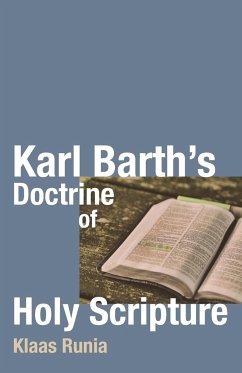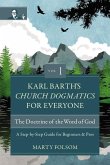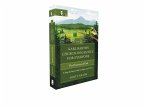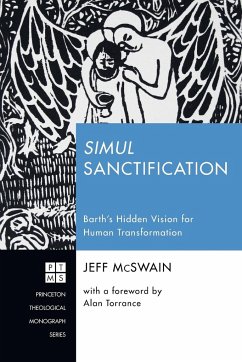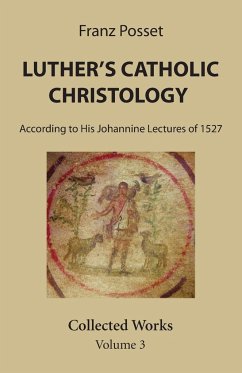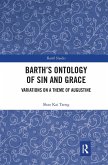Hardly any Christian doctrine is discussed so much today as that of Holy Scripture. Innumerable books are published about it, and official discussions in many churches are concerned with it. Karl Barth's doctrine plays a great part, whether positively or negatively, in all of these discussions and reports. His stature is so great that no one can deal with the problem of Holy Scripture without considering Barth's view and defining his own position over against it. Indeed, many aspects of Barth's view have come to be generally accepted as beyond criticism. Such uncritical acceptance is itself a good reason to devote a special study to Barth's doctrine of Holy Scripture, because, no matter how we assess it, the Church Dogmatics of Karl Barth is one of the greatest forces in the modern theological world. In its vastness and variety, its comprehensiveness and detail, it constitutes a challenge to every school. Nor is it to be met by caricature or sweeping generalization. The individual themes demand searching analysis and appraisal at the exegetical, historical, and dogmatic levels at which Barth himself develops them. Only on the basis of detailed treatment can there be ultimate understanding and assessment of the whole. It is because Dr. Runia tackles this preliminary problem that his present work is so significant. He does not add to the list of general books. Choosing a critical and sensitive area, he devotes himself to the concentrated task of presenting the Barthian teaching on inspiration in its normative form. In the course of his analysis he examines the proposed biblical basis of Barth's statement and brings it into lively interaction with the Reformation tradition which Barth believes that he represents. By means of a thorough inquiry into the single point, Dr. Runia thus gives us a far more informative, stimulating, and authoritative criticism that is possible in more comprehensive studies. The result is a valuable work which deserves to be widely studied and which should serve as a model for similar investigations into the many detailed themes of the Dogmatics. It is characterized by an honesty and relevance which gives it more than a narrowly academic interest. The real problems are faced, and it is candidly the most orthodox of statements. Yet the great verities of the traditional doctrine emerge the clearer and stronger for this powerful discussion, and in such a way that they may again make their salutary impact on a wider theological front.
Hinweis: Dieser Artikel kann nur an eine deutsche Lieferadresse ausgeliefert werden.
Hinweis: Dieser Artikel kann nur an eine deutsche Lieferadresse ausgeliefert werden.

